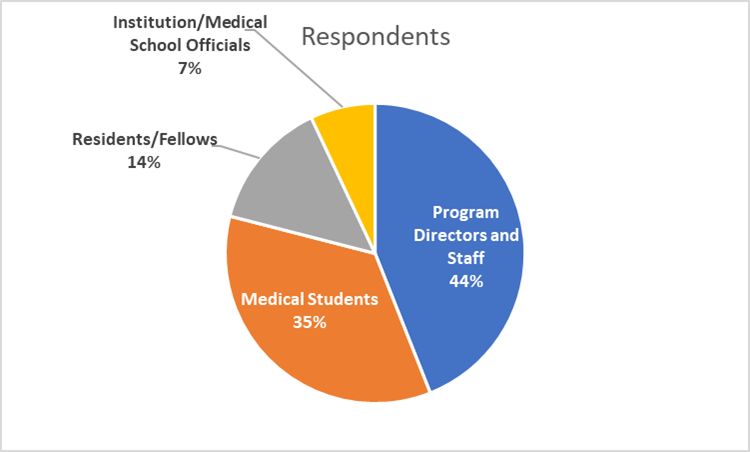News
Updates
View All NewsIn March and April 2023, the National Resident Matching Program® (NRMP®) solicited feedback through a call for public comment about proposed Voluntary Rank Order List (ROL) Lock functionality for programs. This functionality would allow programs to certify their ROL in the Registration, Ranking, and Results® (R3®) system when they have completed their ranking decisions and then “lock” the certified ROL when ready to show to applicants that no other changes would be made. The proposed “lock” functionality would help to establish a no pressure environment for in-person visits by applicants who wish to meet the program faculty and residents and familiarize themselves with the communities where they may consider training before certifying their own ROL. The voluntary “lock” for programs could be implemented at any time after the ROL opens and before the published ROL Certification Deadline.
The public comment period for the proposal garnered more than 3,300 responses.

Nearly half (49.6%) of respondents in the total sample viewed the voluntary program ROL lock as potentially beneficial, while the remaining were evenly split between believing the new functionality could potentially be harmful (26.0%) or reporting that they did not know whether the functionality would be beneficial or harmful (24.4%). The key perceived benefits of the locking functionality most endorsed by survey respondents included:
- Applicants could visit a locked program or not without fear their perceived interest in the program will affect their rank.
- Applicants would have options to visit programs and learn directly about program/institution culture and location prior to the rank order list deadline.
- Applicants could choose among programs to visit, maintaining more control over their program interest, schedules, and finances.
Amongst the substantial concerns expressed by the community, the key perceived potential harms included:
- Programs might feel pressured to lock their rank order lists before they have fully considered all applicants interviewed to appear competitive with other programs.
- Programs might alter their interviewing processes (e.g., fewer applicants interviewed, less depth of applicant interviews) to compensate for a shorter recruitment period if locking their rank order lists early.
- Introduction of new processes could create more rather than less stress and burden on applicants and programs.
At its May 2023 meeting, the NRMP Board of Directors reviewed the survey results and the feedback from the public comment process, as well as input gained via listening sessions with stakeholder groups and student and specialty group statements solicited by the NRMP. Given the complexities outlined in the comments from constituents and stakeholders, the Board has decided to continue community discussion on the ROL Lock option to better understand how such a proposal could be enhanced and modified to move forward without negatively affecting the process or Match stakeholders. The NRMP will convene a Match Innovations Summit with key stakeholder groups to further examine the proposal and engage in more discussion on other Match innovations, including a two-phase Match. More information on the summit will be available soon and sent to Match stakeholder groups for participation.
# # #
About NRMP
The National Resident Matching Program® (NRMP®) is a private, non-profit organization established in 1953 to oversee The Match® at the request of medical students to provide an orderly and fair mechanism for matching the preferences of applicants for U.S. residency positions with the preferences of residency program directors. In addition to the annual Main Residency Match® for more than 48,000 registrants, the NRMP also conducts Fellowship Matches for more than 70 subspecialties through its Specialties Matching Service® (SMS®).
To schedule an interview with NRMP President and CEO Donna L. Lamb, DHSc, contact media@nrmp.org.